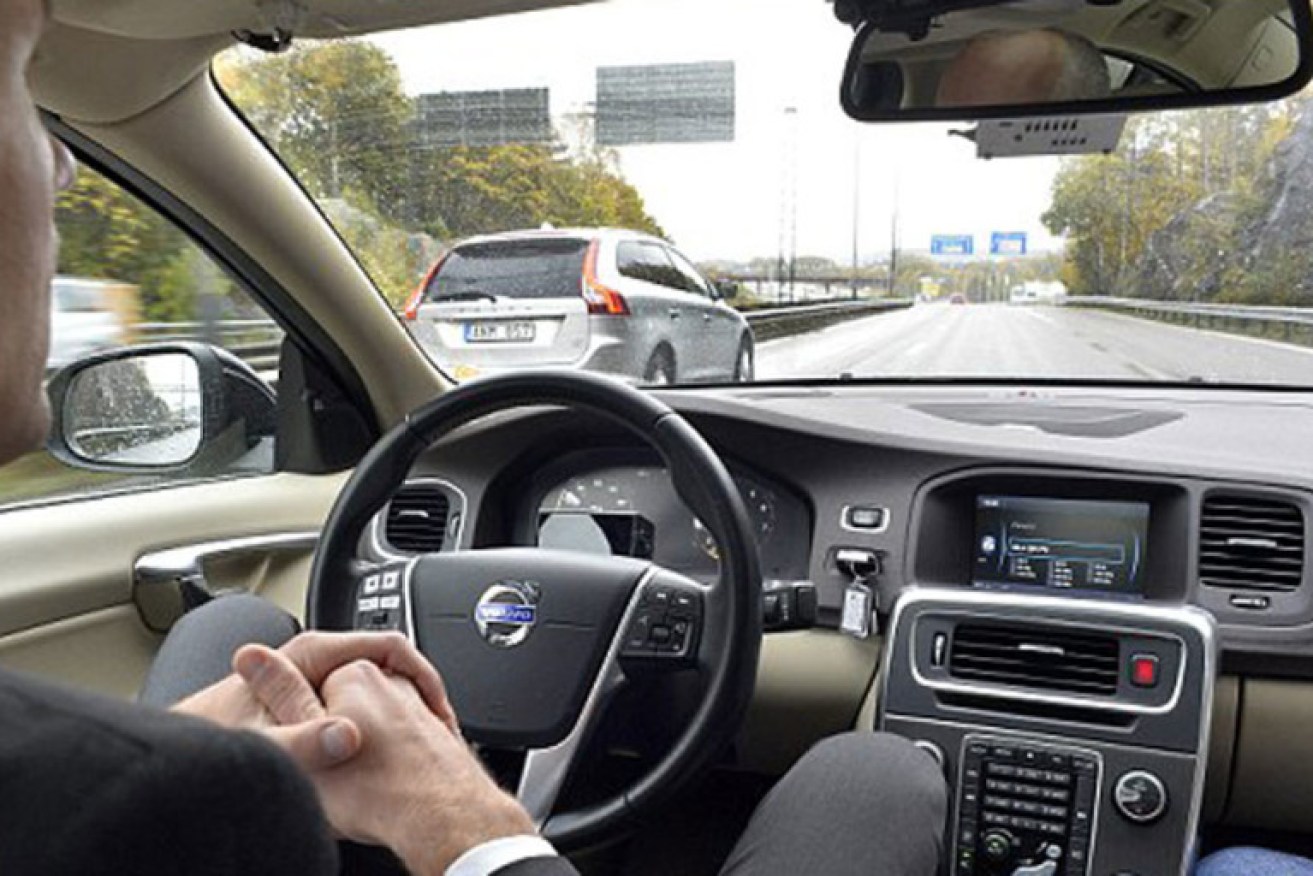Are we leaving the car industry too soon?
Innovation often comes from industries with their backs to the wall, writes Flinders Partners CEO Anthony Francis, arguing that introducing new technologies into struggling sectors could be the key to shorter-term economic growth.

Could Australia have been fostered as the leader in driverless vehicles?
Innovation and the expectations of start-ups are at an all-time high. Yet while they will be part of a long-term economic solution, I am not sure the wave of start-ups will be able to match the economic expectations everyone has of them.
One of the reasons for this longer term “pay-off” is simply the time it takes for these companies to gain market, develop product, generate cash or investment, develop teams and so on.
Even today’s high-growth companies are older than you might realise. Apple is 40 years old, and Google is around 18. If you contrast these companies with the car industry, it was around those ages that car companies were peaking in growth, too.
What this means is that companies starting today might generate economic value in terms of growth to South Australia and growth in employment in (at best) around 10 years.
These should be medium-to-long term plays in our economic playbook. They are very important – without them the future growth doesn’t happen. It’s just not likely they are going to fill the gap in the short to medium term.
The huge question is: What will?
Growth that can fill this gap comes from companies and industries that already have a market, where the time to realise a gain is much shorter. Let’s look at one we are losing – the car industry.
Often, innovation also comes from industries with their backs to the wall. The saying that “the mother of invention is necessity” is very true commercially. The car industry in the UK had to diversify and reinvent itself; it definitely had its back to the wall. However, an industry does survive today – and that is specialised, high-end vehicles (Land Rover, McLaren, etc) and diversified companies (Rolls-Royce).
Could we have done something with technology? Could we have diversified our industries in South Australia through partnerships with researchers? Could we have been a leader in a new approach?
Australia has some brilliant science, and at Flinders University there’s some great science – for the sake of this discussion – in biodiesel and autonomous vehicles (driverless cars). I know other universities have great engineering solutions.
We want to experiment and experiment bravely
Let’s consider driverless cars. Imagine for a moment the disruption these will have on business. Will your 10-year-old child ever need a driver’s licence? By the time they are 17, we may well find driverless cars are here. What about insurance? Road deaths are one of the biggest killers in our time; without that risk, the car insurance industry looks set to have to reshape itself. And what about crash repairers, taxi drivers and more?
Think of the business models this technology creates. Do you even need to own a car? Could you own one collectively?
Could we have fostered Australia as the leaders in driverless vehicles with incentives and a healthy research and industry experimentation to make it work?
We would have “owned” new business models and growth. We would not have sacrificed a skilled workforce.
A country that understood where the pain points were may have identified this as one of possibly a few “necessity” moments and we could have been truly inventive. Not inventive around inventions – they exist – but around how existing sectors work together and being brave around leading change.
Surely there are other industries like this that we could experiment with. As Peter Karmel, Flinders University’s founding Vice-Chancellor, said: “We want to experiment and experiment bravely.”
We could take this approach with some industries that still have a market but have lost, or are losing, their cost advantage, and combine them with our new technologies.
We could see companies that make bathroom products integrating sensor technology into their products, giving us early warnings on being sick. We could see connected appliances. Even foundries could benefit from new nano materials.
Using partnerships to create new competitive advantage should be a key strategy.
Anthony Francis is CEO of Flinders Partners, the commercialisation arm of Flinders University.




